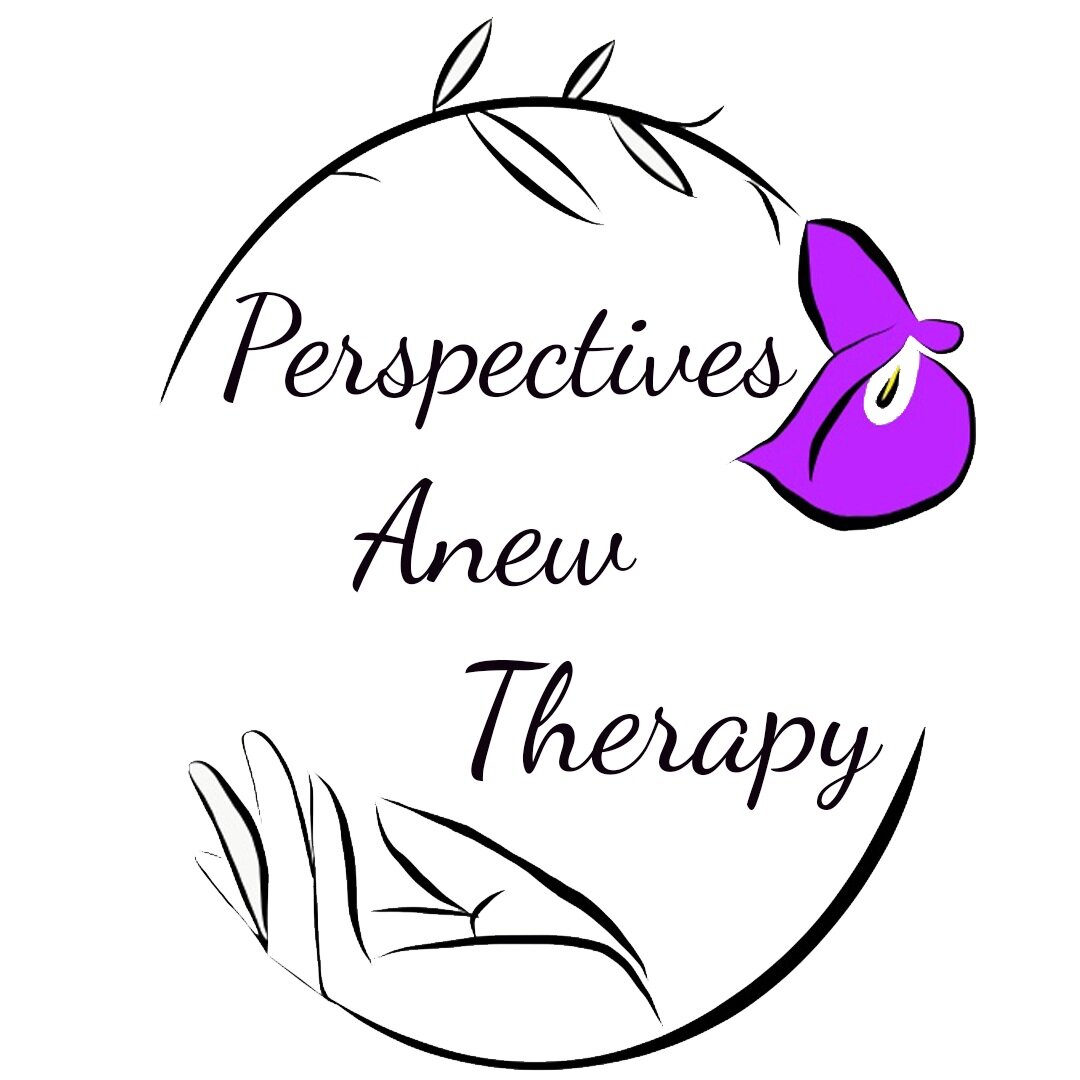People-Pleasing
The term “people pleaser” has become more popular in recent years, although it is not a medical diagnosis or something that can be measured. People-pleasing can be defined as when an individual feels an intense urge to please others at their own expense. Typically, people who feel this way do not view their needs or desires as important and place emphasis on the needs and desires of others. An example of this would be a college student helping their friend with an assignment even though they do not have the time and it adds stress to their life. It’s important to note that traits of pleasing people are different from traits such as generosity because it is not being done as a favor, it is being done as an obligation because they feel like they cannot say no.
For many with people-pleasing tendencies, the urge to please while sacrificing what they need goes back to only feeling loved or useful when continuously doing things for others. This is different from altruism, the desire to help others, because with altruism a limit exists, and that limit does not go beyond sacrificing your own wellbeing. Signs of people-pleasing include finding it hard to say no to requests, taking on extra work you do not have time for, avoiding advocating for their own needs, trying not to disagree with others, and ignoring things they are not happy about. People-pleasers may feel pressured to be positive at all times, anxious at the thought of defending themselves, stressed because of prior commitments, frustration over a lack of alone time, their own needs and wants do not matter when compared to others, and that people take advantage of them.
People can develop people-pleasing tendencies for a variety of reasons with one of the main reasons being trauma. The term “fight, flight, or freeze” have become well known, however research suggests that there is another trauma response called “fawn,”. Fawn is a severe form of people-pleasing where an individual will try to receive affection and admiration from those they fear in order to survive. An example of this is growing up with an abusive caregiver, but doing everything in your power to make them proud of you. Another common reason these tendencies develop is due to living with a personality disorder, specifically dependent personality disorder (DPD). With DPD, people feel extremely dependent on others for help and approval in multiple aspects of their life. Other causes of people-pleasing include low self-esteem, anxiety, conflict avoidance, culture and socialization, and inequity.
Because people-pleasing causes one to neglect their own needs, there are risks of doing so. Risks include stress, tiredness, neglect, resentment, relationship problems, loss of identity, role conflict, and harming others. To begin breaking the people-pleasing cycle, start small by committing to meeting one need at a time for yourself. When asked by others for assistance, stall and say you need some time to think instead of automatically saying “yes,”. Another tip would be to set time limits, this can be done by agreeing to help but only for a set amount of time that will not add any unnecessary stress to your life. Time blocking, or intentionally blocking out time in the day for yourself, will help end the cycle. Lastly, rehearse saying “no,” in ways that feel comfortable for you. For some people, rehearsing how they will say “no,” prior to seeing or speaking to someone helps ease any anxiety they may begin to experience.
Source: Medical News Today
